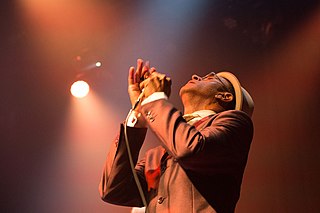A Quote by Annalee Newitz
Reader was by far the most popular feed reader out there, and its user base had been in a steep decline for two years before Google decided to shut it down.
Related Quotes
If only you’d remember before ever you sit down to write that you’ve been a reader long before you were ever a writer. You simply fix that fact in your mind, then sit very still and ask yourself, as a reader, what piece of writing in all the world Buddy Glass would most want to read if he had his heart’s choice. The next step is terrible, but so simple I can hardly believe it as I write it. You just sit down shamelessly and write the thing yourself. I won’t even underline that. It’s too important to be underlined.
In my couple of books, including Going Clear, the book about Scientology, I thought it seemed appropriate at the end of the book to help the reader frame things. Because we've gone through the history, and there's likely conflictual feelings in the reader's mind. The reader may not agree with me, but I don't try to influence the reader's judgment. I know everybody who picks this book up already has a decided opinion. But my goal is to open the reader's mind a little bit to alternative narratives.
As soon as I start to write I'm very aware, I'm trying to be aware that a reader just might well pick up this poem, a stranger. So when I'm writing - and I think that this is important for all writers - I'm trying to be a writer and a reader back and forth. I write two lines or three lines. I will immediately stop and turn into a reader instead of a writer, and I'll read those lines as if I had never seen them before and as if I had never written them.
The most difficult part of writing a book is not devising a plot which will captivate the reader. It's not developing characters the reader will have strong feelings for or against. It is not finding a setting which will take the reader to a place he or she as never been. It is not the research, whether in fiction or non-fiction. The most difficult task facing a writer is to find the voice in which to tell the story.
We must be forewarned that only rarely does a text easily lend itself to the reader's curiosity... the reading of a text is a transaction between the reader and the text, which mediates the encounter between the reader and writer. It is a composition between the reader and the writer in which the reader "rewrites" the text making a determined effort not to betray the author's spirit.

































